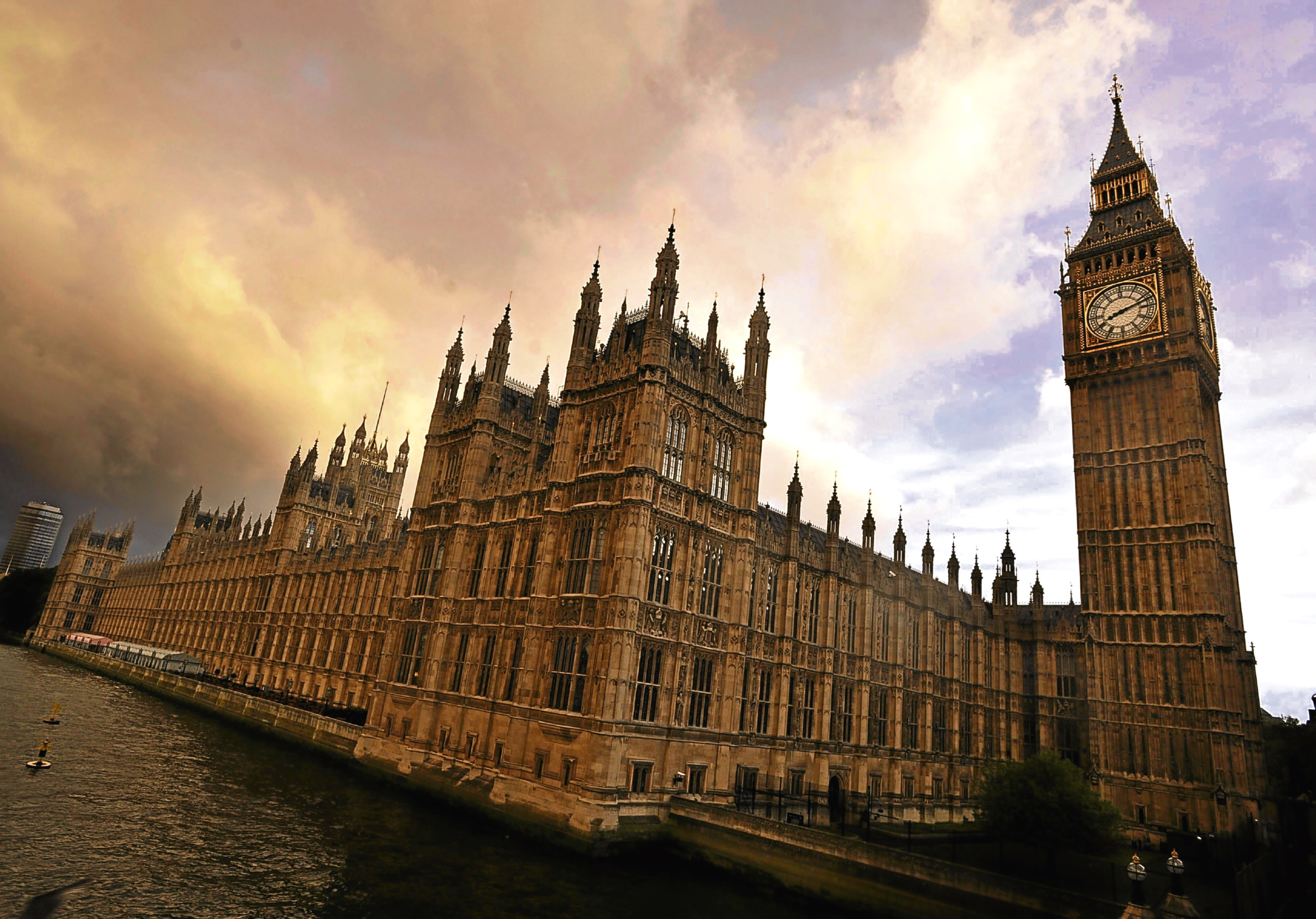Sir, – In their letters, Messrs Wardrop and Cross make a variety of assertions in their replies to me which need to be challenged.
Dr Wardrop claims “many years of Westminster political dominance…is negated by the decade or more of SNP control of Scotland’s governance”.
Three centuries and counting of London control, with all of Scotland’s assets at its disposal, equates to a decade of SNP control constrained by an increasingly squeezed budget courtesy of Westminster? Seriously Dr Wardrop?
His comments regarding the “generous, daily coverage…of our First Minister’s statements, visits and political plans” ring hollow too.
A case in point was Nicola Sturgeon’s visit to the Irish Seanad, which was given what amounted to a complete news blackout by the BBC.
He also conveniently omits the other factors involved, regarding television coverage, namely content, context and tone, which are skewed against the Scottish Government.
Mr Cross, on the other hand, takes issue with the long-term investment in Prestwick Airport and renewable energy projects. He complains of “debt” and “money… written off”. He then questions the business acumen of the Scottish Government.
These are risible comments from a supporter of the establishment which has inflicted PFI on generations of Scots.
While London cuts Scottish renewable projects off at the knee, Norway forges ahead, investing heavily in their future.
Both gentlemen are unable to rise above their narrow party politics, and are incapable of appreciating the achievements of the most effective government in these islands.
They blithely regurgitate the unionist media’s anti-SNP fodder fed to them on a daily basis.
They make plain, time after time, their dissatisfaction of having an SNP government but seem incapable of putting forward a positive argument of their own.
Ken Clark.
335 King Street,
Broughty Ferry.
New threats facing RBS
Sir, – The 10-year tale of losses – now totalling £60 billion – made by RBS, must sooner or later end in tears.
Although the sale of RBS assets along the way will have provided money to keep going, those assets will eventually be gone – like the family silver – or will become valueless in the market.
Then the money needed for the continued exposure of RBS to derivative positions, ongoing compensation claims, and fines, will eventually have to be found as cash, at which point RBS will be back in the position it was in 2008, when it became illiquid because other banks would not lend to it after the ill-judged ABN-Amro acquisition.
This once-great giant, is now merely waiting to be killed by its fellow bankers.
Malcolm Parkin.
15 Gamekeepers Road,
Kinnesswood,
Kinross.
Tax changes are window dressing
Sir, – Jill Stephenson (February 25) chose a Donald Trump approach to discredit my letter about Scotland’s future tax powers. Scotland’s primary income is the block grant from Westminster. When Holyrood was born in 1999 it was empowered to cut or raise income tax by 3p which it has never used.
After 2014, power was given to levy 10p of the 20p rate from April 2016.
From April, Holyrood can vary the rates of tax on incomes, control air passenger duty and the aggregates levy.
In addition, half the VAT receipts in Scotland will be transferred to Scotland, which was not the case up to 2016.
However, Holyrood will not be given control of the biggest earners, National Insurance contributions, VAT itself, plus corporation tax.
Taxes raised in Scotland will trigger a corresponding reduction in the block grant which means that the whole package is no more than window dressing which denies Scotland any chance of social progress.
Her conclusion that an independent country would need permission from an outside source to raise additional finances beggars belief and suggests that I learned nothing from my 46-plus years in the Inland Revenue.
Allan A MacDougall.
37 Forth Park,
Bridge of Allan.
Education Brexit bonus
Sir, – Your articles about universities losing funding after Brexit missed one or two vital and relevant points.
Scottish students enjoy free tuition but because of EU rules, a country cannot charge students from any EU country any more than it charges its own students.
In consequence, the Scottish taxpayer has paid hundreds of millions of pounds to educate foreign students.
After Brexit, the Scottish Government’s liability to fund these foreign students would cease.
Brexit could be a win-win situation for Scottish universities because instead of funding foreign students, universities could charge them to study in Scotland.
Mike Rogalski.
82 Feus Road,
Perth.
Cooperate on salmon future
Sir, – Arnot McWhinnie may be a top angler (February 22) but he is misinformed when it comes to the relationship between salmon farming and declining rod catches.
New research shows wild fish catches were in decline along Scotland’s west coast long before salmon farming became established.
Salmon farming was just a convenient scapegoat.
Only five of every 100 salmon now return to their home river. Thirty years ago it was 20. This applies to wild salmon across the whole Atlantic, not just where salmon are farmed.
The problem lies out in the feeding groups at sea but, as there appears to be no immediate solution, it is easier to blame salmon farming.
Mr McWhinnie is also misinformed about why Norwegian companies bought into the Scottish industry. It was not because of less restrictive regulations but to avoid the impact of a trade war during the 1980s and 1990s. The solution to declining stocks of wild fish will never be solved by finger pointing but by working together to find a lasting solution.
Dr Martin Jaffa.
Callander McDowell.
497 Kingswood Road,
Manchester.
